US – Iran: Room for bargaining Uranium vs. sanctions
Iran's nuclear program remains a key issue in the U.S.-Iran agenda. With Donald Trump's rise to power in the U.S., this topic has become even more pressing.
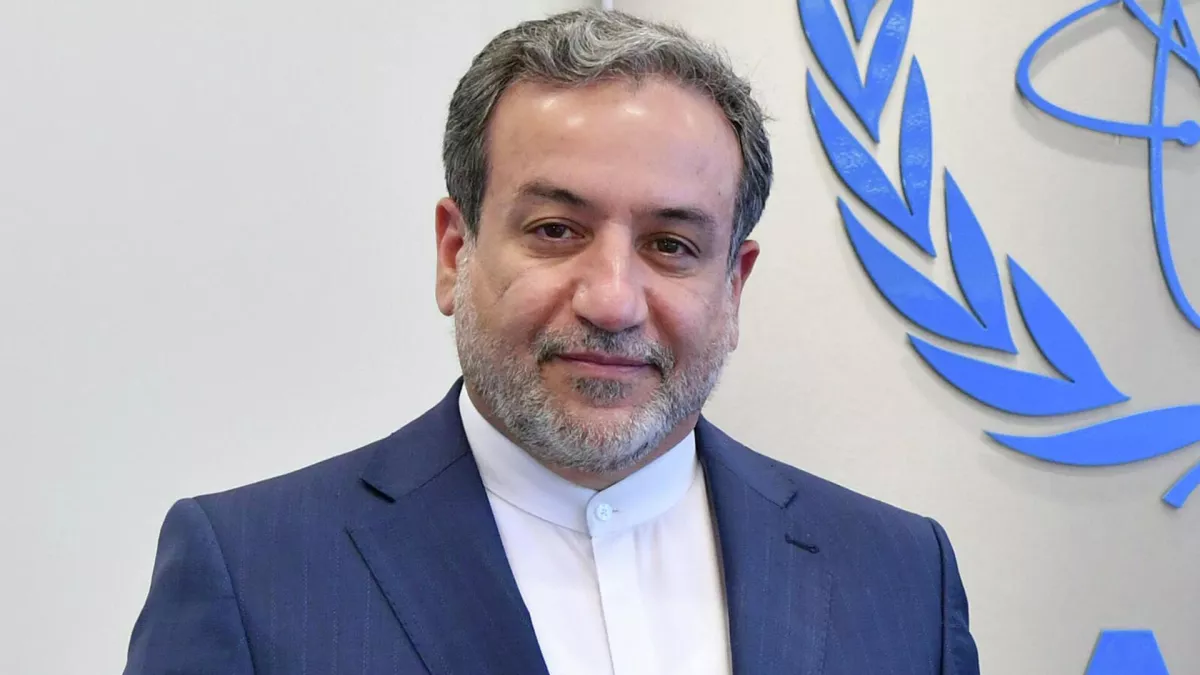
Last week, the U.S. and Iran held the fourth round of negotiations on Iran’s nuclear program in Oman. Following the talks, Iran's Foreign Minister Abbas Araghchi described the latest round as "more serious" and "more detailed" than previous meetings.
In 2015, Iran and the P5+1 countries—the U.S., Russia, China, the United Kingdom, France, and Germany—signed the Joint Comprehensive Plan of Action (JCPOA) on Iran’s nuclear program.
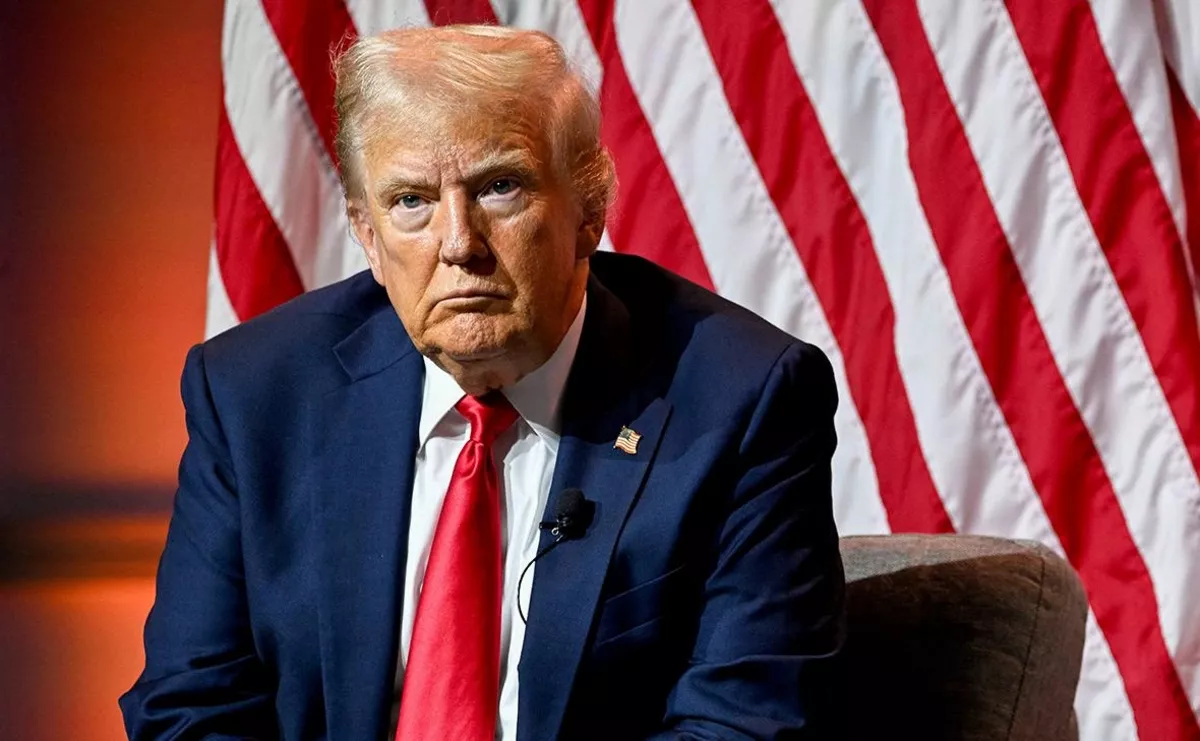
In 2018, Donald Trump unilaterally withdrew the U.S. from the JCPOA. Over the following year, Iran continued to comply with the terms of the agreement, but starting in May 2019, it gradually began to increase the level of uranium enrichment as a response to the failure of diplomacy and the intensification of U.S. sanctions.
Today, Iran's nuclear program raises serious concerns for the U.S. and other Western countries, providing a strong justification for tightening economic sanctions against the Islamic Republic of Iran.
However, whereas Tehran previously patiently awaited a softening of U.S. sanctions policy, over the past two years, Iranian authorities have demanded specific guarantees from the White House in exchange for certain concessions regarding their nuclear program.
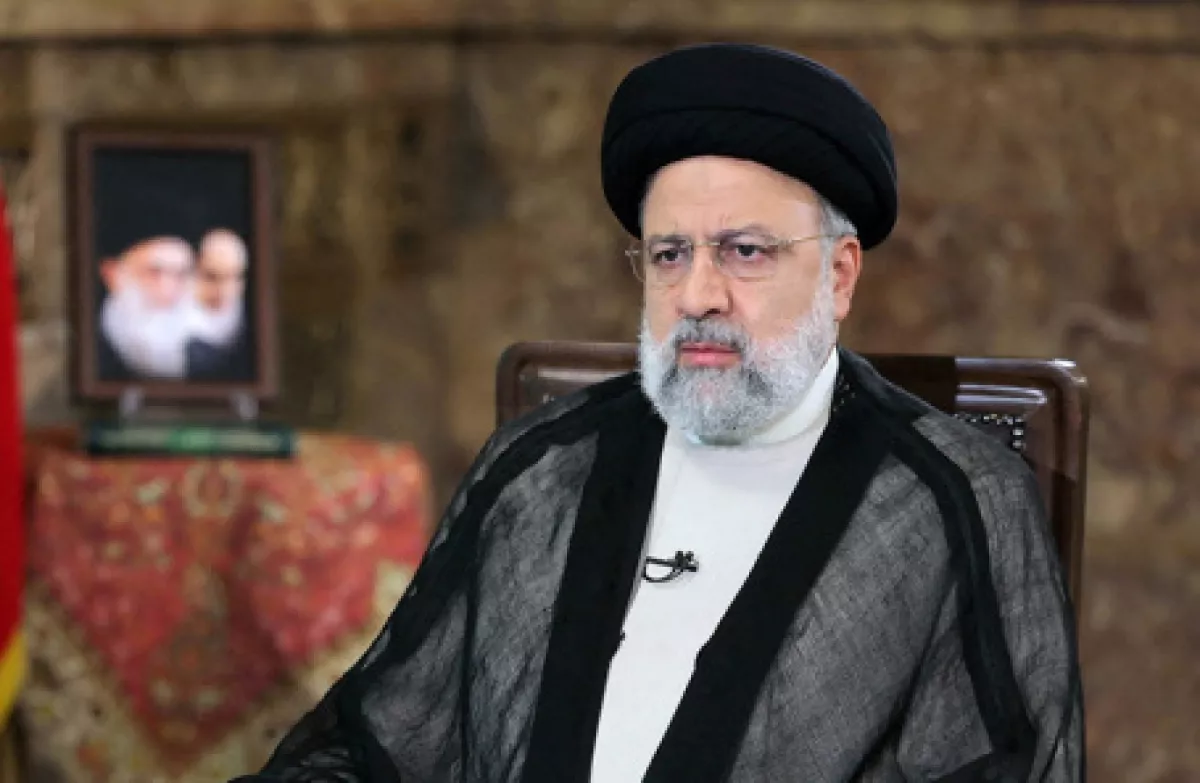
Back in September 2023, Ibrahim Raisi, who was then President of Iran, stated at a press conference in New York: "Tehran expects the U.S. and the 'EU trio' to fulfill their commitments under the Joint Comprehensive Plan of Action, aimed at overcoming the crisis surrounding Tehran’s nuclear developments, which means lifting the sanctions."
As time has shown, the messages from the Iranian side did not lead to any changes in the West's sanctions policy against the Islamic Republic of Iran. With the arrival of a new administration under Donald Trump this year, ultimatums from the White House to Iran have noticeably increased. Recently, the U.S. leader called on Iran to abandon its nuclear ambitions, warning of consequences.
"We want Iran to be a successful country. We don’t want to do anything that blocks that path. But they cannot have nuclear weapons. If they choose to go a different path, it will be a very sad thing. It’s something we don’t want to do, but we’ll have no choice. They’re not going to have nuclear weapons," the U.S. president told journalists at the White House.
However, the real sensation of the past week was the bold statements by U.S. President’s special envoy Steven Witkoff, who claimed that Tehran had abandoned its pursuit of nuclear weapons.
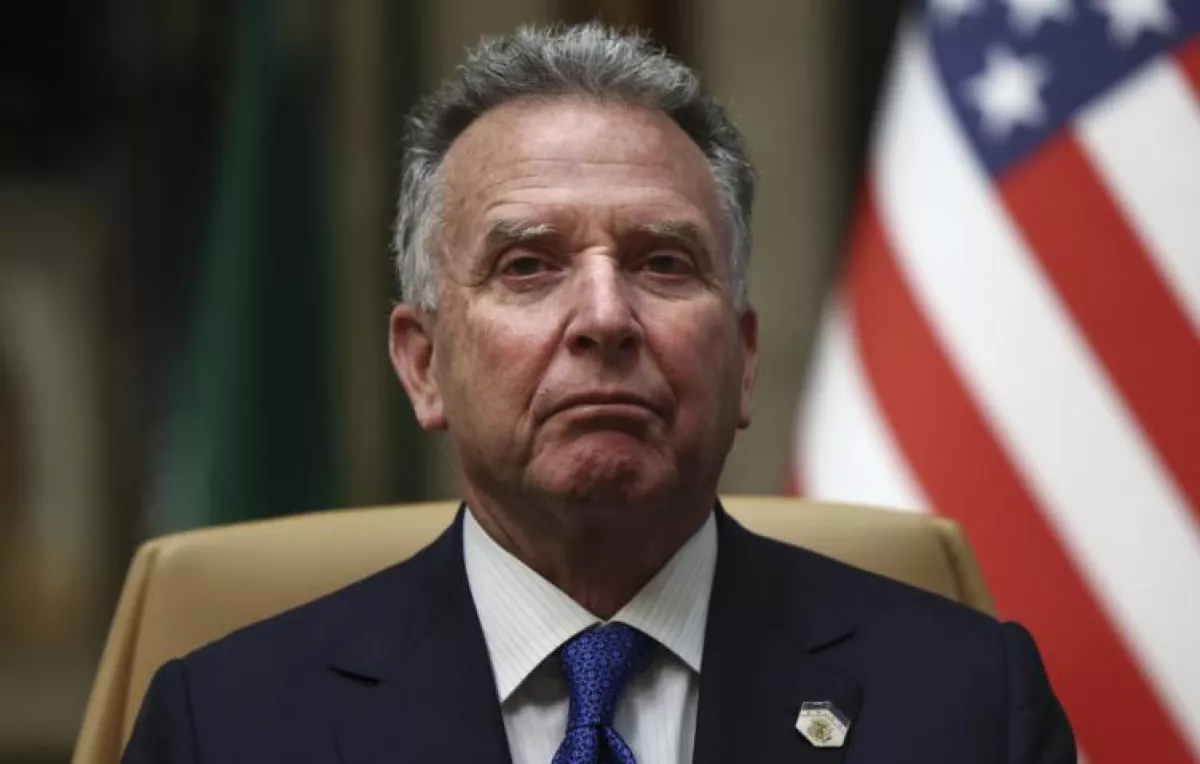
Iran officially informed the U.S. that it does not wish to have nuclear weapons. "We’ve stated our position: The Iranians cannot have a bomb. And they have stated back that they don’t want one. So we’re going to for the purposes of this discussion accept them at their word that that’s actually how they feel. If that’s how they feel, then their enrichment facilities have to be dismantled," said Witkoff in a conversation with a journalist, noting that Iran must abandon uranium enrichment.
Against the backdrop of U.S. demands, Iran insists on equal terms, which reduces the likelihood of a compromise between the two sides. Experts do not rule out that, in this scenario, both parties may face a decisive choice: either acknowledge Iran's nuclear status or go to war.
However, Iran continues to deny any involvement in acquiring nuclear weapons. This was highlighted in March of this year by "European Pravda," referencing AFR and quoting the statements of Iran's Supreme Leader Ali Khamenei.
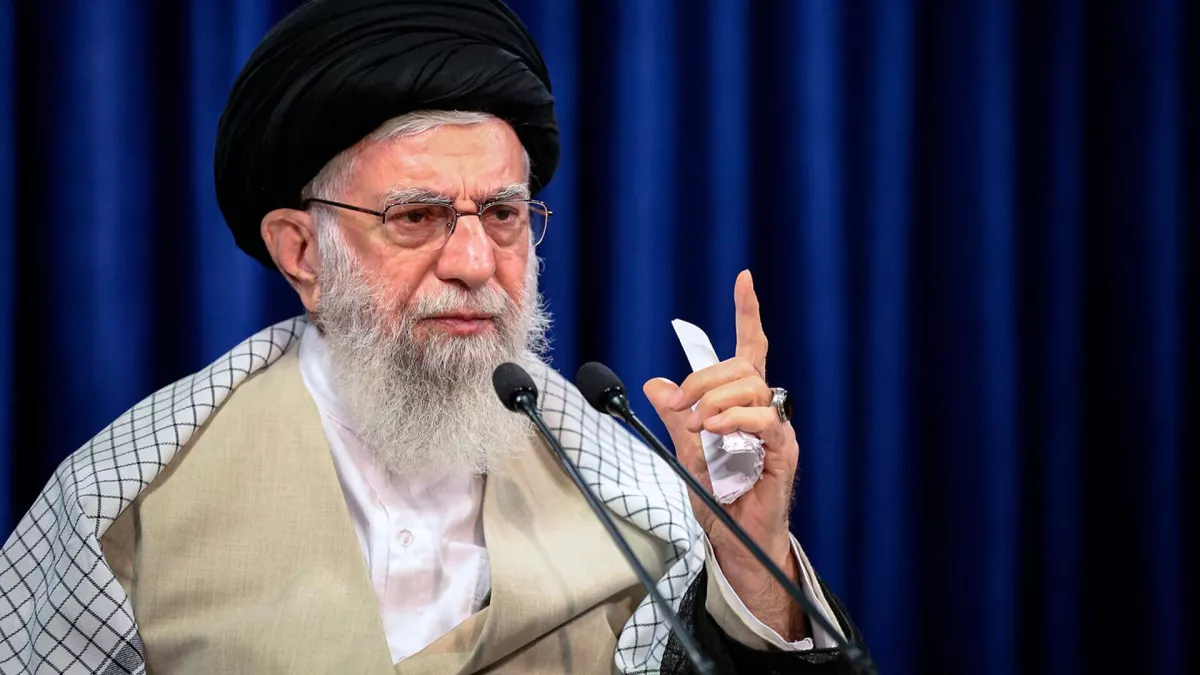
"Regarding nuclear weapons, they say, 'We will not allow Iran to acquire it.' If we wanted to produce nuclear weapons, America wouldn't be able to stop us. The fact that we do not have nuclear weapons and are not trying to acquire them is because we ourselves do not want them," said Khamenei.
Tehran's firm stance on the nuclear program was further confirmed last week in Muscat.
Iranian President Masoud Pezeshkian stated that Iran rejects the U.S. demands to abandon its peaceful nuclear program as a condition for further negotiations on the nuclear deal.
At the same time, Iran’s Foreign Minister Abbas Araghchi suggested the possibility of lowering the uranium enrichment level. "We will not compromise on the issue of uranium enrichment, but we can adjust its level to build trust with the US," said the Iranian Foreign Minister.
Before the negotiations began, Iran's Foreign Minister spoke to journalists, stating, "Enrichment is one of the achievements and honours of the Iranian nation. We have paid a heavy price for enrichment. The blood of our nuclear scientists has been spilled for this achievement."
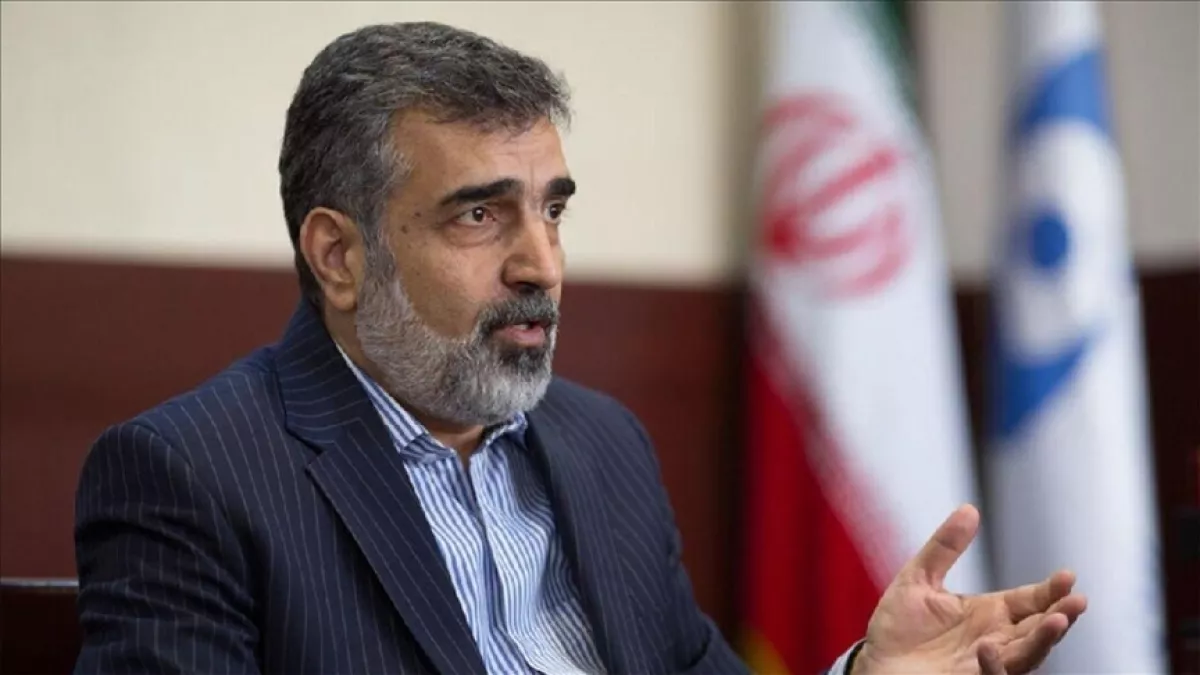
In a similar vein, Deputy Director of the Atomic Energy Organisation of Iran, Behrouz Kamalvandi, spoke out recently. Responding to U.S. Secretary of State Marco Rubio’s remarks that Iran is the only non-nuclear-armed country engaged in uranium enrichment, Kamalvandi noted that countries such as Belgium, the Netherlands, South Korea, Japan, Argentina, and Germany also carry out uranium enrichment activities without possessing nuclear weapons.
Thus, even prior to the Muscat negotiations, the Iranian side had made its position clear: the likelihood of Tehran completely abandoning uranium production was effectively zero.
From this, certain conclusions can be drawn. In future rounds of negotiations, Iran may agree to certain concessions to the U.S. on uranium enrichment, but only on the condition of a relaxation of Western sanctions.
Iran fully understands that it cannot count on a complete lifting of Western sanctions. At the same time, the key points emphasised by the Iranian side following the latest talks in Muscat made it clear that the probability of Tehran dismantling its nuclear programme is virtually nil.
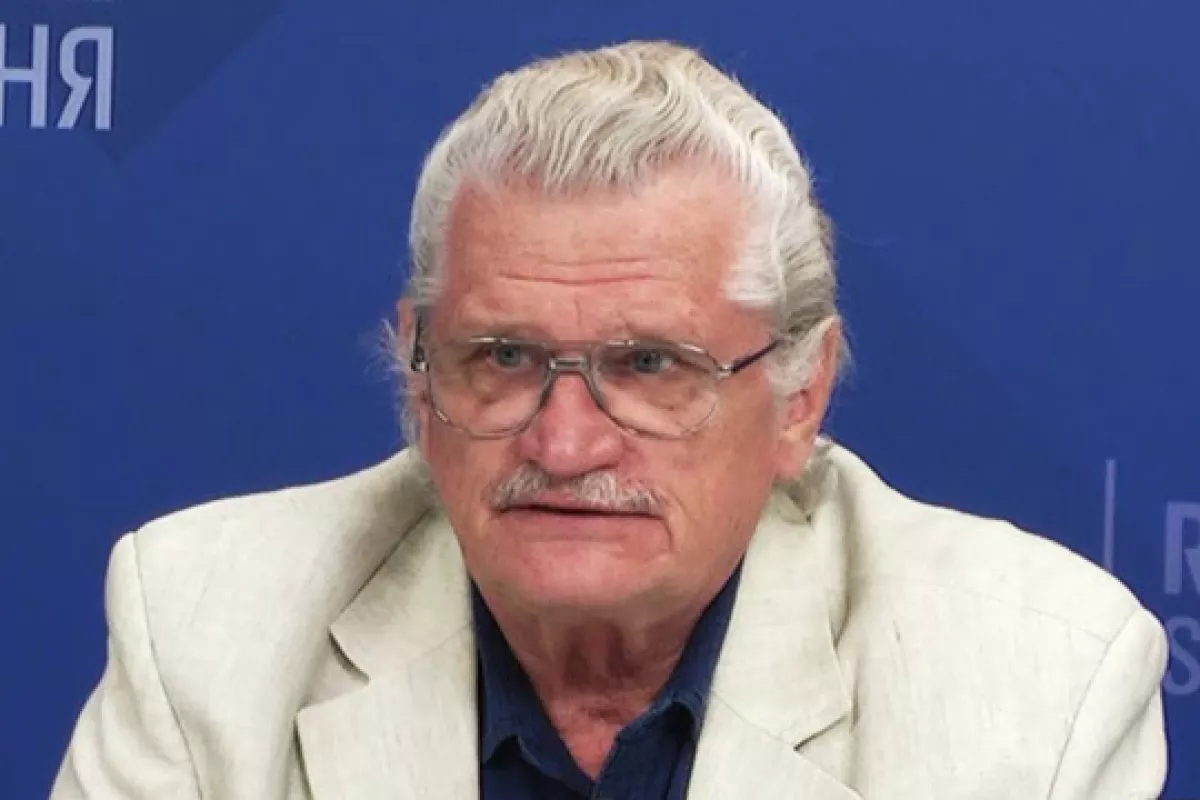
Prominent Russian expert on Iran, Professor Vladimir Sazhin — Senior Research Fellow at the Institute of Oriental Studies of the Russian Academy of Sciences — stated in a comment to Caliber.Az that Iran will not cease uranium enrichment.
"Iran has never declared that it intends to develop nuclear weapons. And it has always denied all arguments from the international community, claiming that Iran is on the path to building a nuclear bomb. Tehran simply understood that it would not be allowed to develop one.
Iran's goal is to reach the level of advanced but non-nuclear states that have the capability to produce a nuclear weapon in a very short period, within six months. For Iran, this is not a military, but a political tool that could strengthen its authority and enable it to pursue its policies more effectively in the region.
At present, the Americans are demanding a complete halt to enrichment, even though under the JCPOA, Iran is allowed to enrich uranium up to 3.67% using low-efficiency centrifuges. The U.S. demands have become stricter.
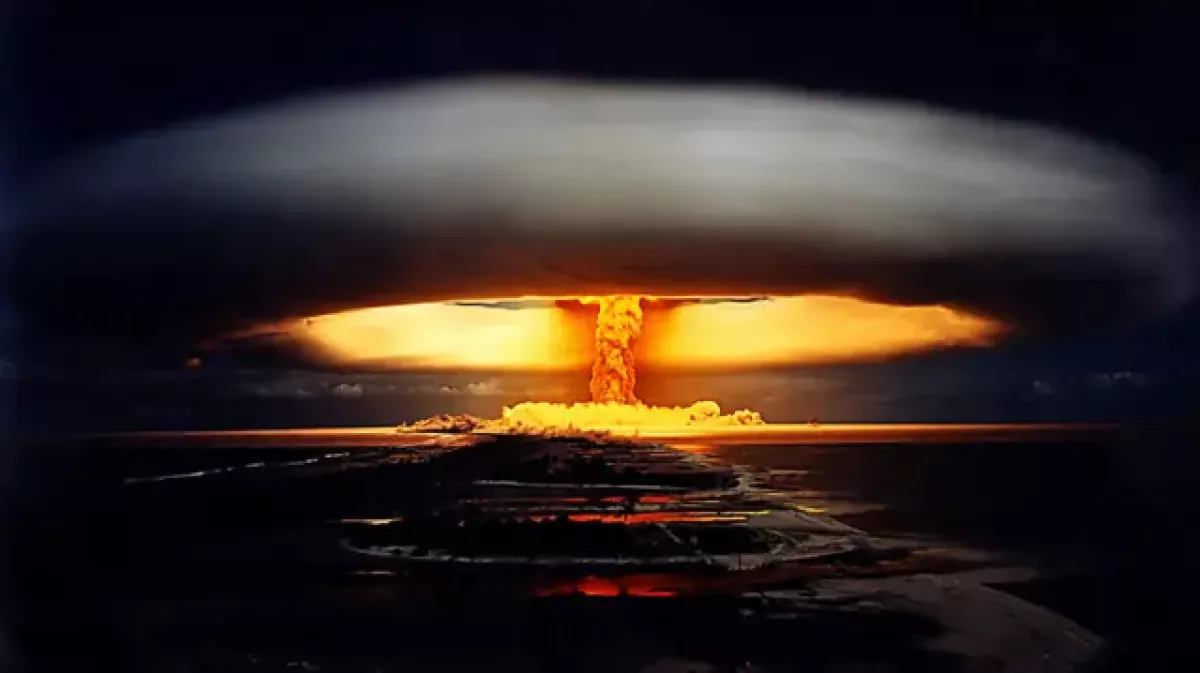
I doubt that Iran will agree to completely halt enrichment. I expect that in future rounds of U.S.–Iran negotiations, a threshold may be agreed upon — beyond which enrichment will not be allowed. Perhaps 3.67%, or maybe 20%. But I have no doubt that Iran will not build a nuclear bomb for the simple reason that neither Israel nor the United States would allow it.
And hiding the process of developing a nuclear weapon is impossible. All intelligence efforts of these and other countries are focused on Iran’s nuclear programme. The people in Tehran are certainly not suicidal," Sazhin explained.
According to the Russian scholar, the issue of sanctions relief will be addressed in parallel with nuclear-related agreements.
"Of course, not all sanctions will be lifted. But the key priorities for Iran today are the lifting of sanctions on oil exports and restoring access to the SWIFT international banking system. It’s quite likely that if the negotiations proceed favourably for Washington, the U.S. could lift these particular sanctions," Sazhin concluded.








